Zientzia hedabideetan
-
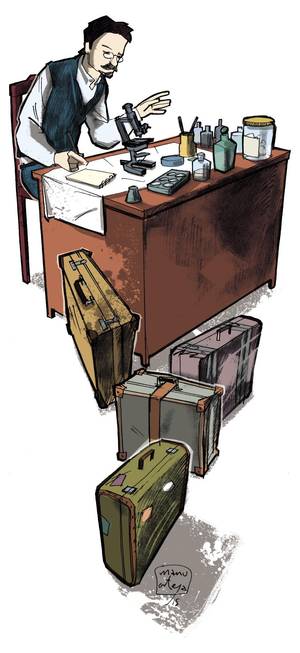
Nikolas Atxukarro: ezagutu, sendatzeko
Estatu Batuetako gobernutik gonbidapen bat iritsi zitzaion Alzheimerri. Washingtongo Eroetxe Federaleko Anatomia Patologikoaren departamentuko zuzendari izatea eskaini zioten. “Nik ezin dut joan —erantzun zuen Alzheimerrek—, baina gazte bat bidaliko dizuet, […]
-
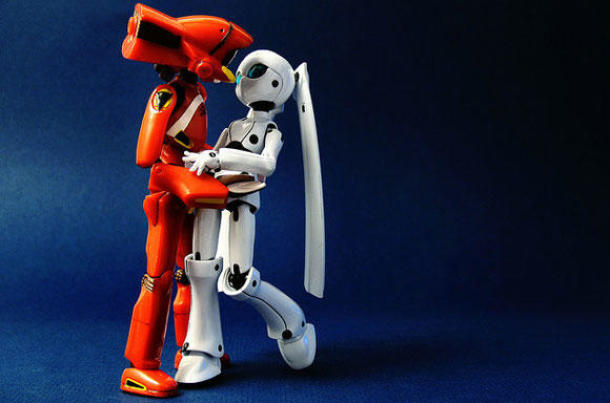
La historia de amor truncada entre dos ‘bots’ artistas
Él reordena los píxeles de las imágenes que le tuitean, ella distorsiona las fotos empleando un algoritmo defectuoso de compresión PNG. En una interacción, saltó la chispa.
-
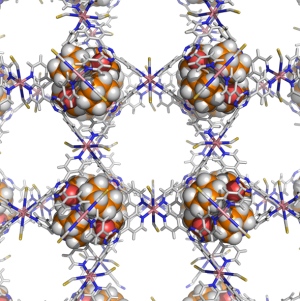
Controversial molecular-analysis tool tries for a comeback
The best molecular-structure data — such as those that revealed the architecture of DNA — are often obtained by analysing how molecules diffract X-rays. But to obtain them, the molecules […]
-
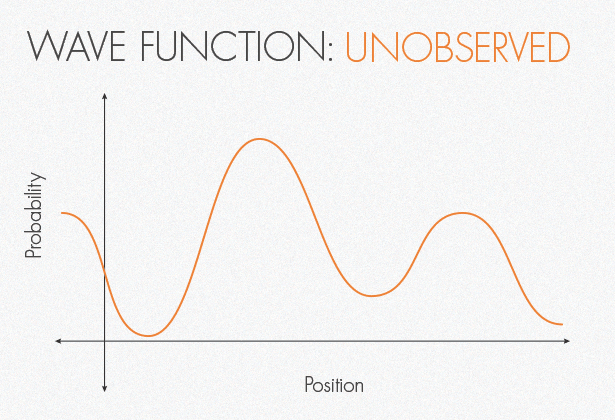
A Private View of Quantum Reality
Quantum theorist Christopher Fuchs explains how to solve the paradoxes of quantum mechanics. His price: physics gets personal.
-
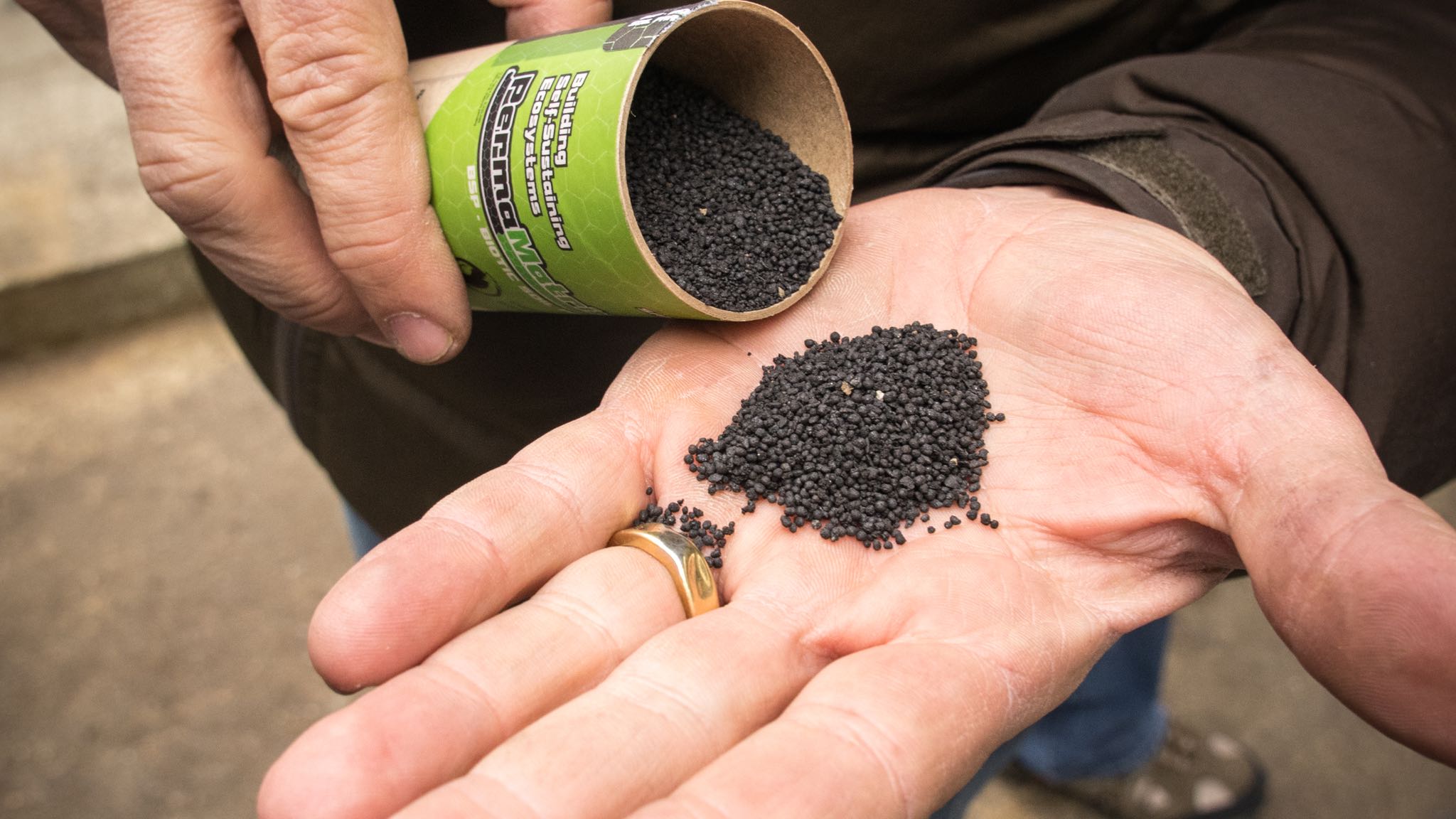
The Coal That’s Good for the Climate
Biochar is a type of charcoal made from plant and animal waste that has been heated intensely in an environment with little or no air, a process known as pyrolysis. […]
-
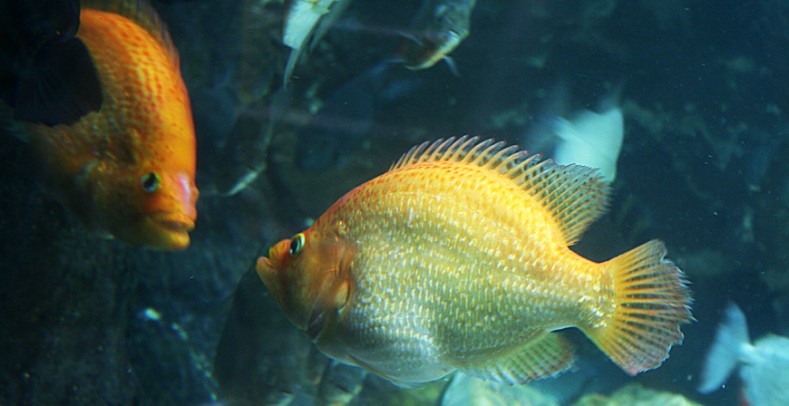
El hombre que dispara meteoritos
Jens Ormö realiza simulaciones de impacto de meteorito en las instalaciones del Centro de Astrobiología, en Madrid. El disparo de proyectiles a más de 500 m/s sobre diferentes superficies sirve […]
-
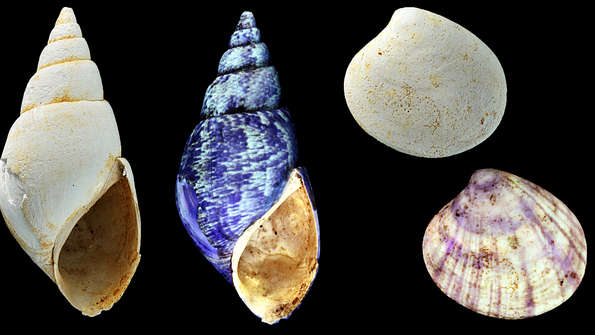
Reviving ancient shells’ colours
The pigment molecules that give living things their dazzling colours are delicate things that degrade over time, which is why the palaeontological specimens in museums often look dull.
-

Un solo análisis revela el historial de virus a los que ha estado expuesta una persona
VirScan es una tecnología que permite analizar de forma exhaustiva los anticuerpos virales presentes en la sangre de una persona, para así descubrir a qué virus ha estado expuesta a […]
-

How to mend a broken heart
The need to mend broken hearts has never been greater. But what if we could simply manufacture a new one?
